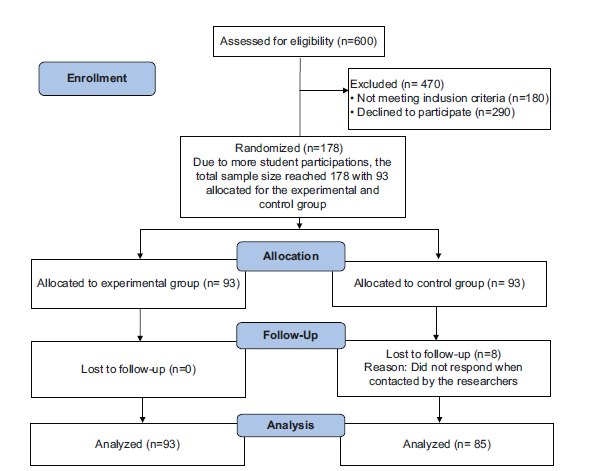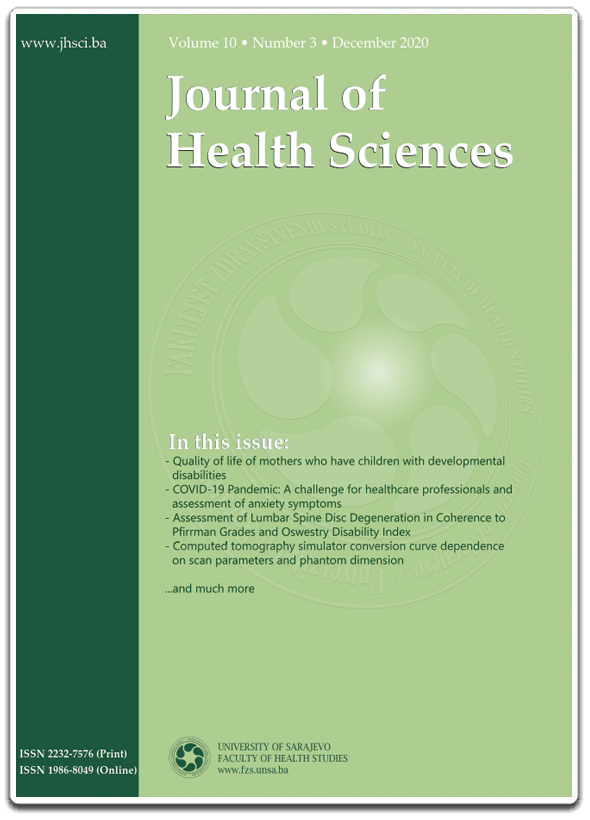Evaluating an online well-being program for college students during the COVID-19 pandemic
DOI:
https://doi.org/10.17532/jhsci.2022.1631Keywords:
COVID-19, mental health, well-being, online health, college students, CBT, PERMA, ADDIEAbstract
Introduction: The global COVID-19 pandemic has aggravated challenges involving college students’ mental health and well-being. Some literature suggested developing online programs to address the pandemic’s impact on college students’ mental health and well-being. Thus, this study assessed if significant improvement in well-being among college students can be observed after introducing an online well-being program.
Methods: The study utilized a quantitative methodology, mainly using a two-group pretest-posttest design on 178 college students in a private college and state university. The experimental group received 3 months of the well-being program while the control resumed their activities of daily living (ADL). The modified positive emotion, engagement, relationship, meaning, and accomplishment (PERMA) profiler questionnaire was the primary evaluation instrument that measured the participants’ well-being. The first phase gathered the participants’ relevant profile and background, and the last phase concluded with the evaluation of the program. Data were analyzed using SPSS v.21.
Results: Based on the post-evaluation PERMA scores, the experimental participants (M = 7.21, SD 1.70) did not differ much from the control (M = 7.07, SD = 1.55) according to a t-test t(176) = –1.07, p = 0.57 as computed using a two-sample independent t-test at a significance level of α = 0.05. The overall PERMA score description is normal functioning. The Pearson correlation of the experimental group’s pre-test and post-test scores (r(91) = 0.01, p = 0.904) and the control (r(83) = 0.04, p = 0.732) group did not indicate an evidence of a significant relationship.
Conclusion: The results do not provide evidence of a significant difference and relationship between the experimental participants’ pre-test and post-test PERMA scores after the online well-being program.
Downloads

Downloads
Published
License
Copyright (c) 2022 Resti Tito H. Villarino, Maureen Lorence F. Villarino, Maria Concepcion L. Temblor, Nilde T. Chabit, Christopher Asuncion L. Arcay, Grace B. Gimena, Prosper Bernard, Michel Plaisent

This work is licensed under a Creative Commons Attribution 4.0 International License.










